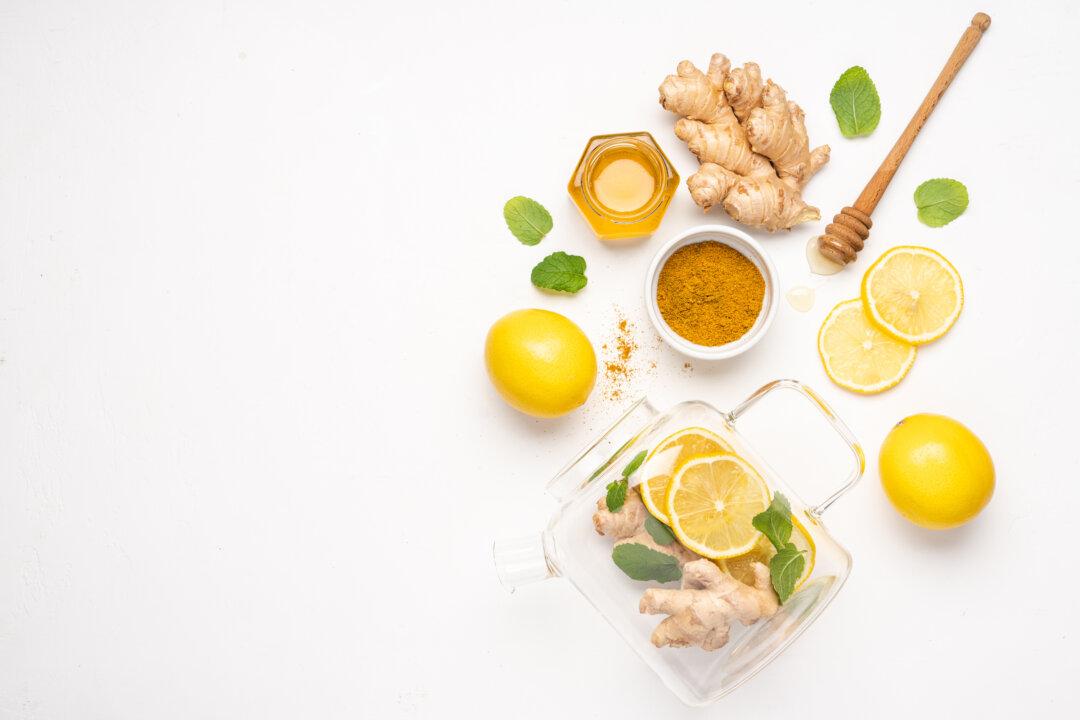I began writing this post a couple of weeks ago, feeling pretty smug and self-righteous that I hadn’t caught the cold that everyone around me was sporting. Most people I knew weren’t flat out sick, but as their cold progressed, it dropped down and became a chest thing, and they were dealing with a big loopy cough that lasted a good four to six weeks.
Then over the weekend, I caught a cold, or what I would describe as a shadow of a cold. I wasn’t really sick, but felt a little under the weather. I got The Cough, but only for about a week. So yep, I caught a cold, and now I’m not feeling quite as smug. However, I believe that what I had didn’t blossom into a full-fledged cold/flu event because of the precautions I took.





